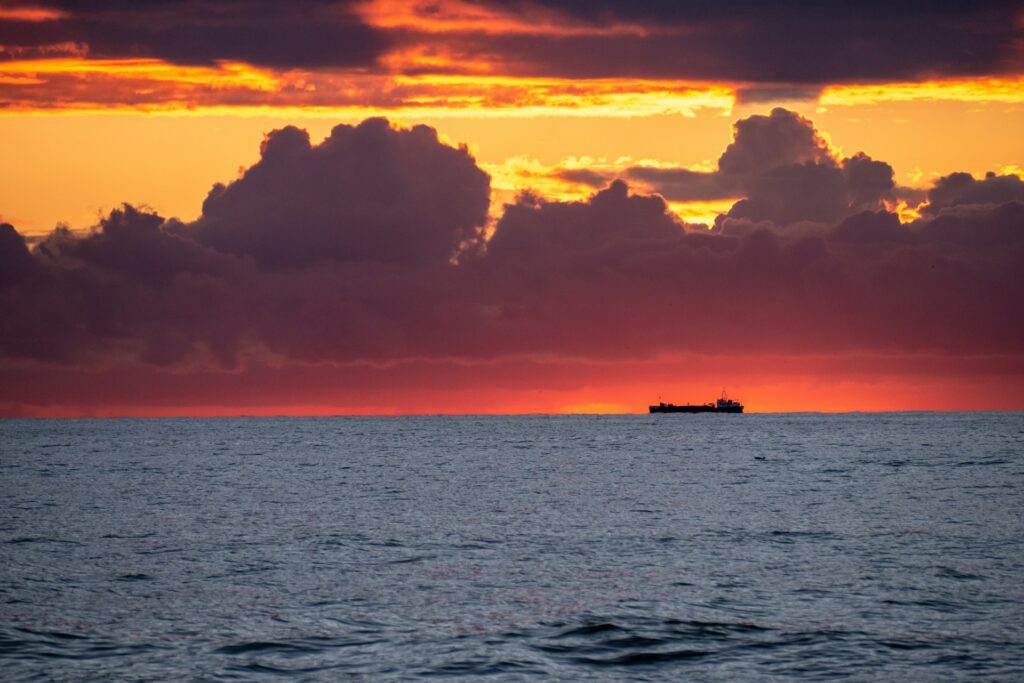Amendments to IMO Instruments : Recent and Upcoming Updates
The International Maritime Organization (IMO), a specialized agency of the United Nations, is responsible for ensuring the safety and security of global shipping and preventing marine pollution. As environmental protection and maritime safety remain paramount, the IMO consistently updates its regulations to reflect new challenges and developments. This article provides an overview of some of the key recent and upcoming amendments to IMO instruments, their effective dates, and their potential impact on the shipping industry.

1. Polar Code Implementation
The Polar Code, designed to promote safety and environmental protection in the harsh conditions of polar regions, became mandatory on 1 January 2017. It outlines essential technical, operational, and training requirements for vessels operating in polar waters. This code is a clear demonstration of the IMO’s commitment to minimizing risks and protecting sensitive ecosystems in these remote areas.
2. Ballast Water Management Convention (BWM) Enforcement
The Ballast Water Management Convention, which aims to mitigate the spread of invasive aquatic species via ballast water, took effect on 8 September 2017. Ships are now required to manage and treat ballast water to reduce the risk of introducing harmful species into new environments. This measure is critical for preserving marine biodiversity and maintaining the health of global ecosystems.
3. IMO 2020 Sulphur Cap Implementation
The Ballast Water Management Convention, which aims to mitigate the spread of invasive aquatic species via ballast water, took effect on 8 September 2017. Ships are now required to manage and treat ballast water to reduce the risk of introducing harmful species into new environments. This measure is critical for preserving marine biodiversity and maintaining the health of global ecosystems.
4. Carbon Intensity Indicator (CII) and GHG Emission Reduction
In response to growing concerns over greenhouse gas (GHG) emissions from ships, the IMO introduced the Carbon Intensity Indicator (CII) framework, which has been gradually implemented since 1 January 2019. The CII measures a vessel’s carbon dioxide emissions relative to the work it performs, incentivizing operators to enhance their operational efficiency and reduce their environmental impact. Full implementation of the CII framework is expected by 2023, contributing to global efforts in reducing the maritime sector’s carbon footprint.
5. Anticipated Amendments
The IMO is continually revising its guidelines to address emerging issues. Some forthcoming changes may include:
- Revised BWM D-2 Standards: Updated guidelines for ballast water treatment may be introduced to provide clearer instructions for ships to meet the convention’s requirements.
- Solid Bulk Cargo Regulations: Current safety regulations for transporting solid bulk cargoes are under review, with a focus on enhanced risk assessment and safety practices.
Stricter GHG Emissions Targets: The IMO is also working on new strategies to further reduce GHG emissions, possibly introducing more stringent reduction targets and additional measures to minimize the industry’s environmental impact.
Conclusion
The IMO’s ongoing amendments to its regulatory instruments are a testament to its unwavering commitment to ensuring safer and more environmentally sustainable shipping practices. These updates require the shipping industry to continuously adapt and implement the necessary operational changes. By staying proactive and compliant, maritime operators can not only meet regulatory requirements but also contribute to a greener and safer future for the global maritime community.

